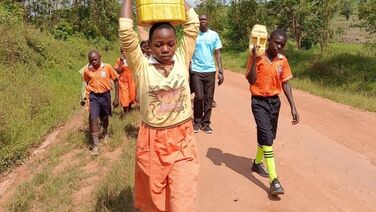
Nakaye Primary School
Nakaye Primary School is in Nayke Village in the rural district of Gomba, Uganda.
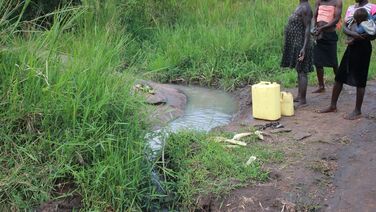
Paryem
Paryem, located in the Palaro sub-county of Gulu district in Uganda, has a total enrollment of 421 students.
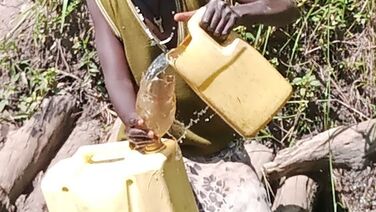
Adye Coorom
Adye Coorom, located in the Lamogi sub-county of Amuru district in Uganda, has a total enrollment of 928 students.

Akanyo- Ocipi
Akanyo- Ocipi, located in the Lakang sub-county of Amuru district in Uganda, has a total enrollment of 460 students.
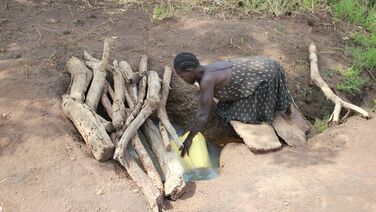
Alokiwinyo
Alokiwinyo, located in the Owoo sub-county of Gulu district in Uganda, has a total enrollment of 631 students.
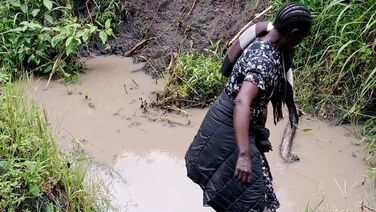
Alwoka
Alwoka, located in the Koch Lii sub-county of Nwoya district in Uganda, has a total enrollment of 462 students.

Buliganwa Primary School
Buliganwa Primary School, located in the Nabitende sub-county of Iganga district in Uganda, has a total enrollment of 447 students, comprising 210 boys and 237 girls.
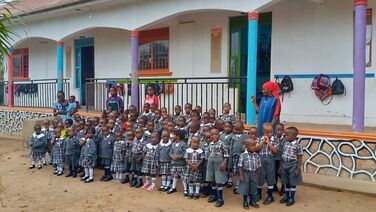
Jenna Junior School Kigoogwa
Serving 224 students in Uganda’s Muyenje community as a private day school for primary and nursery students, Jenna Junior School Kigoogwa currently relies on water from a protected dug well but continually finds its needs unmet.
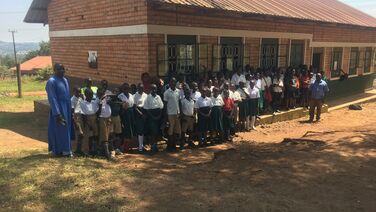
Kassenjje Church of Uganda Primary School
Serving 722 students in Uganda’s Kasengejje community as a government-aided day school for primary and nursery students, Kassenjje Church of Uganda Primary School currently relies on water from a borehole well but continually finds its needs unmet.